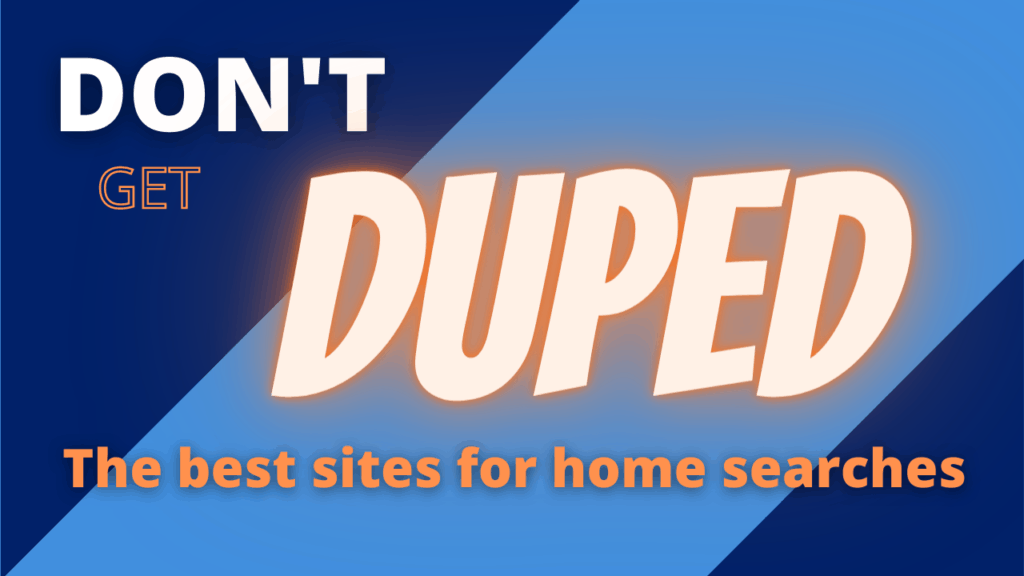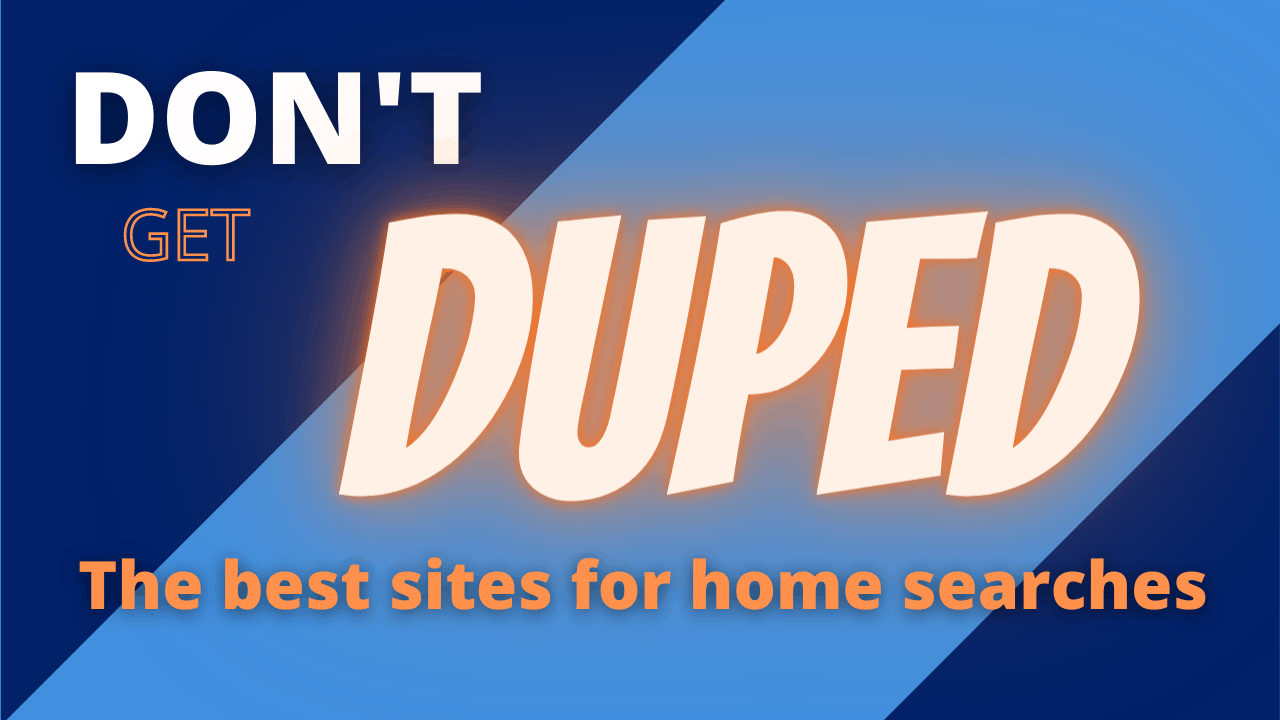
If someone asked me what is the #1 question I get as a Realtor, it would be, “what do you mean the house isn’t available? Zillow says it’s for sale!”
If I had a nickel for every time I had this conversation…….
This starts the dialog about the differences between brokerage websites and third-party websites, the problems with third-party sites, and which sites have the most accurate information for house hunting. After all of these years of this same conversation, I decided to do a video on the best websites buyers should use when doing their search for homes online. Check it out!
Where Listing Data Comes From
Let’s rewind a minute and start at the beginning. The listing starts when a seller hires me to list and sell their home. We complete a listing agreement and I upload the listing data to the Northwest Multiple Listing Service. This is the main database from which other sites pull data from (for listings who are in the NWMLS).
A note about multiple listing services (MLS): there are hundreds of MLSs throughout the country. Most of western Washington and parts of eastern Washington are members of the NWMLS. Thurston County is in the NWMLS and that’s where I’m a member.
Once I upload my listing to the NWMLS, it goes to my Coldwell Banker site, and then other brokerage and third-party sites have permission to pull that data to post on their websites.
Brokerage Sites versus Third-Party Sites
If both sites are pulling from the same data source, why is there a difference in data between these two types of sites?
First, to define what a brokerage site is and what a third-party site is, the easiest way is to determine if you are looking at a brokerage site is if real estate agents work there like Coldwell Banker, RE/MAX, John L Scott, etc. Third-party sites are just publishers of listing data like Zillow, Trulia, and Realtor.com.
What are the issues with using third-party sites for my home search?
These third-party sites are notorious for not updating their information with:
- homes currently for sale
- homes that are pending
- homes that have sold
This leads to buyers thinking they need to sign up on every website out there to not miss a new listing.
Why do these third-party sites sometimes provide inaccurate data?
That’s a great question as they have access to pull the correct information one hundred percent of the time. These third-party publishers are not in the business of real estate. They are in the business of making money from real estate agents who pay for your lead information. Once you click on that “request information” or “request a showing” button, your contact information is sold as a lead.
So if there are listings on these sites that have already sold, the site doesn’t care because they probably got you to click on that listing.
This is not their goal to dupe consumers into clicking on bogus listings. These sites have a very high percentage of correct information than incorrect information but there is no reason why they cannot be accurate all the time. In my opinion, these intermittent inaccuracies are disruptors that are bad for the entire real estate industry.
Why Bad Data is Bad for Buyers, Sellers and their Agents
Buyers may already be leery of the real estate process; they don’t fully understand the steps and progression of the transaction; they most likely are financially and emotionally stressed, and have fears they are buying the wrong house or the cost is too much, etc.
So when I have to tell a buyer that the house they found on Zillow has already sold, they understandably are upset or at least disappointed. Their response is usually disbelief and followed up by a hint of distrust directed at the whole industry. Buyers are so dialed in to some of these websites that even when I send them a screenshot for the NWMLS – the main database for listings in our area – they still don’t fully believe me or accept it.
For sellers, they are expecting their active listing to be shown on all of the websites all the time until it is off the market. With some of these third-party publishers, the listing is there one day and gone the next.
How Should Buyers Search for Homes Online?
This is the easy part! Use a brokerage website for your home search. Brokerage sites are in the business of selling homes, not selling your contact information. You will find the most up-to-date and accurate listing data on any brokerage site including mine at www.FrancineViola.com, which is a Coldwell Banker site. But you don’t have to use mine. You also don’t need to be signed up on multiple websites to be alerted to new listings. One brokerage site will be fine unless you also want to look for for-sale-by-owner properties.
Where Can I Find For-Sale-By-Owner Homes?
This is where a site like Zillow can come in handy. They allow homeowners to list their own homes for sale on their site. So if you are considering a FSBO (for-sale-by-owner), then Zillow is a good choice. Brokerage sites do not list FSBOs. Brokerage sites only list represented sellers’ homes for sale.
Conclusion
There is A LOT of data online and it can be difficult to sort through good data and bad data. You need to have the facts and the most accurate information so that you can make informed decisions. Seek the truth from the experts and you’ll enjoy a successful, positive real estate experience!
If you are starting your home journey, be sure to check out my full Home Buying Guide. I’m available to answer your questions about your unique real estate situation – call, text or email me anytime!

